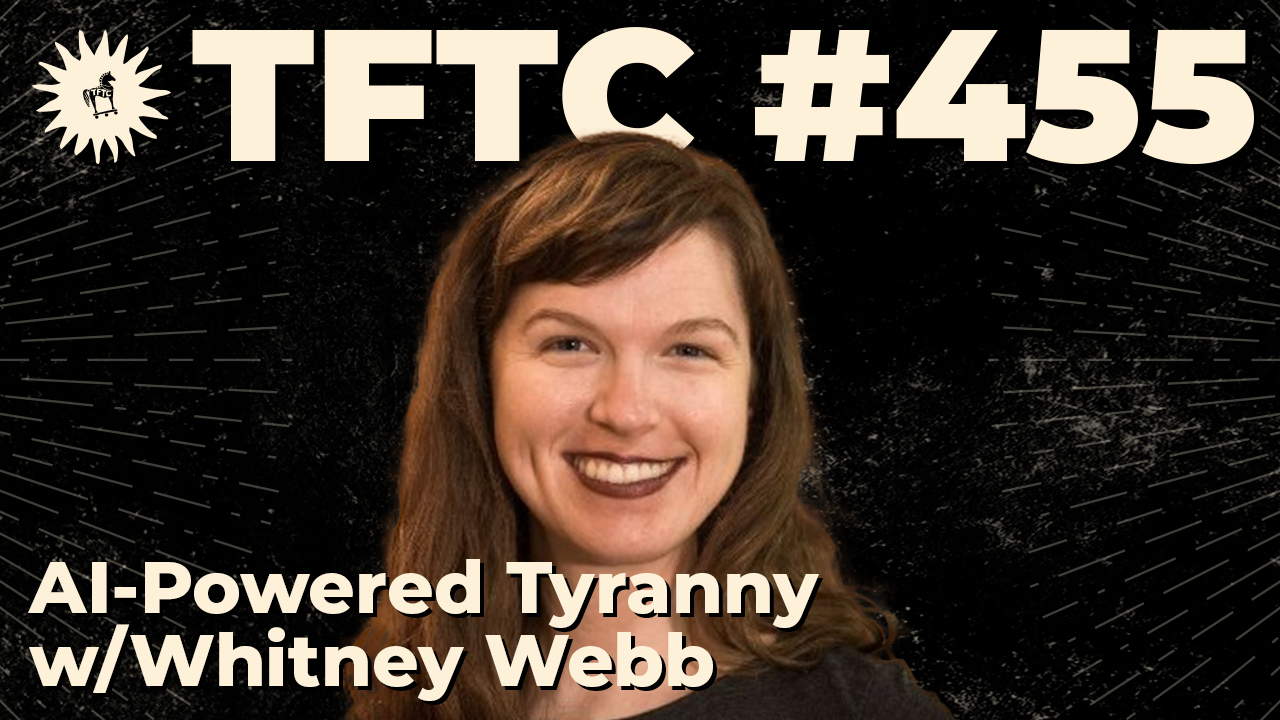

As escalating tensions and dynamics unfold within the cybersecurity landscape, there has arisen a poignant discussion around the potential exploitation of such systems for false flag operations.
As escalating tensions and dynamics unfold within the cybersecurity landscape, there has arisen a poignant discussion around the potential exploitation of such systems for false flag operations. This has become particularly significant as various entities, from governments to NGOs, purport to defend against foreign cyber threats, which may paradoxically grant them untethered access to the very infrastructures they vow to protect. Amid these developments, the Cyber Threat Intelligence League (CTI League) has entered the spotlight due to its involvement in cybersecurity matters. This prompts a closer look at the implications of their activities and the risks associated with allowing any group extensive access to critical infrastructure.
The CTI League, a collective focused on cybersecurity, has been scrutinized for its activities and the access it holds to essential services in the United States. Though presented as a protective effort, the CTI League's operations may inadvertently or deliberately pave the way for false flag cyber actions. The legitimacy of these concerns is reinforced by historical precedence, where strategic deceptions have been utilized to influence political outcomes. Moreover, the intersection of cybersecurity endeavors with geopolitical tensions, notably involving Israel, Gaza, and Iran, suggests a complex web where the lines between defense, aggression, and manipulation become increasingly blurred.

In conclusion, the implications of CTI League's activities and the deployment of AI in conflicts urge a reevaluation of cybersecurity protocols and an assessment of the long-term consequences of such undertakings. As these entities interface with geopolitics and the potential for profound shifts in societal structures, vigilance and scrutiny must be the guiding principles in critically examining their roles and repercussions. The necessity for transparency, oversight, and accountability within these critical sectors cannot be overstated.